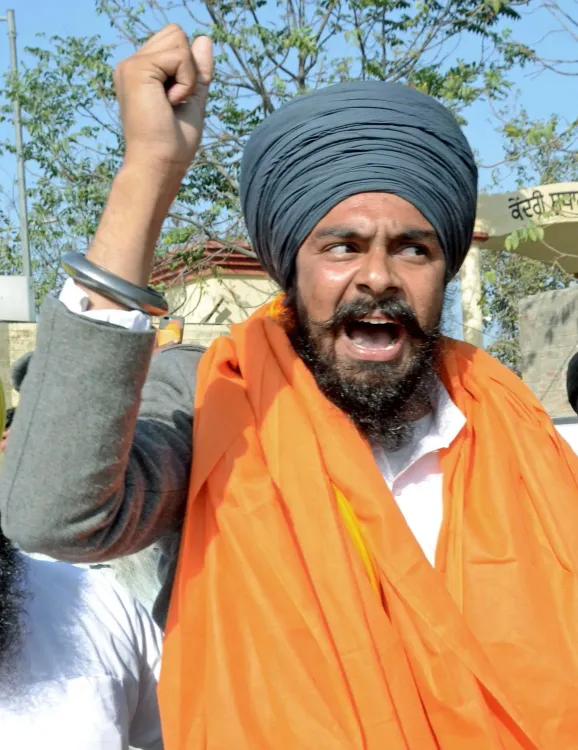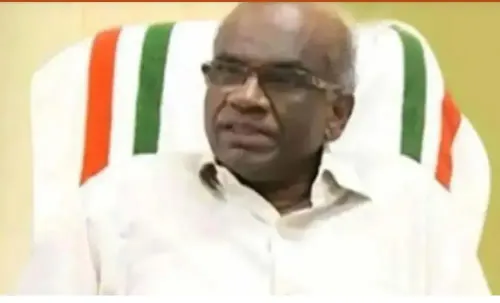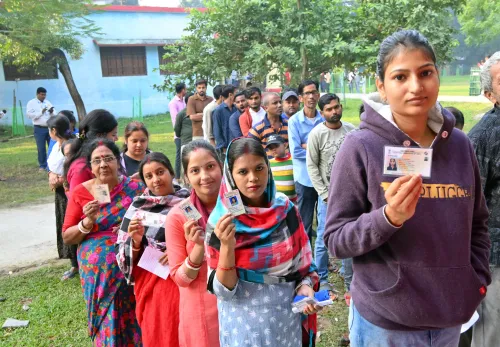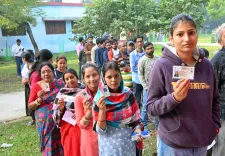Why Did the SC Dismiss MP Amritpal Singh's NSA Detention Challenge?

Synopsis
Key Takeaways
- Supreme Court dismisses MP Amritpal Singh's NSA challenge.
- High Court urged to expedite proceedings.
- Singh's detention raises questions about political rights.
- Unauthorized gadgets in jail allowed Singh to access the Internet.
- Significant implications for elected officials' roles.
New Delhi, Nov 9 (NationPress) The Supreme Court declined to entertain a petition from Khadoor Sahib MP Amritpal Singh, which challenged his ongoing detention under the National Security Act (NSA) on Monday.
A bench comprised of Justices Aravind Kumar and N.V. Anjaria noted that the proper course for the petitioner would be to approach the jurisdictional High Court first.
Given the length of his detention, the Justice Aravind Kumar-led bench urged the High Court to expedite its proceedings, aiming for a conclusion within six weeks.
In his writ petition, Amritpal Singh, currently held in Dibrugarh Central Jail in Assam, argued that preventing an elected MP from fulfilling his constitutional responsibilities violated both his fundamental rights and the collective rights of the Khadoor Sahib electorate.
The 31-year-old leader of ‘Waris Punjab De’ was apprehended on March 18, 2023, amid a significant crackdown and subsequently placed under NSA provisions.
Despite his detention, he secured the Khadoor Sahib Lok Sabha seat as an Independent candidate, winning by a substantial margin of 1,97,120 votes over Congress challenger Kulbir Singh Zira. He was momentarily granted a four-day parole to take his oath in the Lok Sabha, a decision made possible after the National Investigation Agency (NIA) raised no objections.
His situation has drawn parallels to other imprisoned leaders who were allowed to take the oath, including Engineer Rashid from Jammu and Kashmir.
The NSA detention of Amritpal Singh and nine associates has come under scrutiny, particularly after the jail’s superintendent, Nipen Das, was arrested for allegedly providing unauthorized devices within the prison under the Unlawful Activities (Prevention) Act and the Assam Prisons Act.
Assam Police reported that the gadgets enabled Amritpal Singh to access the Internet, thereby broadening his influence even while incarcerated.
The Dibrugarh Superintendent of Police indicated that while the jail manual contains specific provisions for NSA detainees, the jail superintendent breached these rules by allowing devices to reach Amritpal Singh and other inmates.









